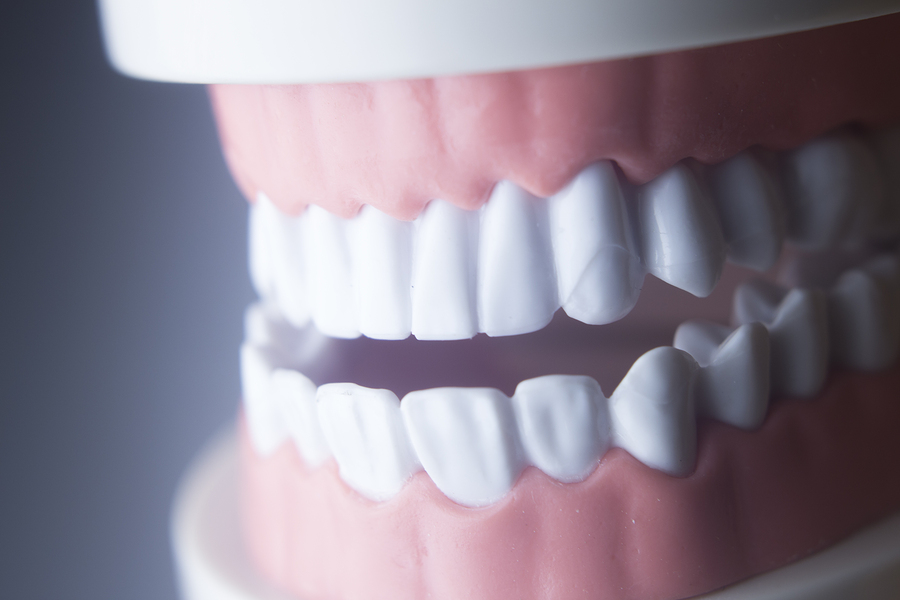Receding gums can compromise the stability of your teeth, while also affecting their aesthetic appearance. If you’ve noticed that your teeth appear to be getting longer, consider the following guide on gum recession.
Why Do Gums Recede?
When your gums recede, the tissue is actually shrinking, exposing more of your teeth. In severe cases, gums can actually recede far enough to expose the bone that holds a tooth in place. This can leave the area especially vulnerable to infection, while making teeth less stable within the mouth.
What Are the Symptoms of Gum Recession?
During the early stages of recession, people usually notice that their teeth have grown more sensitive. They may also notice that their teeth appear to have grown longer. As things become more severe, gums may begin to bleed and teeth may begin feeling loose. This is why it’s important to get a professional evaluation from a dentist the moment you start noticing recession.
What Causes Gums to Recede?
There are a number of potential causes behind gum recession, including:
- Gingivitis or periodontal disease: Over time, infections will attack gum tissue, causing it to recede. Poor dental habits are the primary cause of gingivitis and advanced periodontal disease. You can reduce your risk by brushing twice a day, flossing at least once per day, and by getting regular dental cleanings and exams.
- Aging: As we get older, our gums tend to shrink, no matter how often we brush or floss. The old phrase “long in the tooth” was actually inspired by natural gum recession, although it originally stemmed from horses. Nevertheless, the saying can also apply to humans, who tend to experience natural gum recession with the passage of time.
- Aggressive brushing: When you brush too forcefully, you can promote gum recession over time. This can also occur when you use a toothbrush with stiff bristles. For this and other reasons, it’s generally better to brush with a soft-bristled toothbrush. You should also focus on using a slow, gentle brushing technique.
- Grinding: If you grind your teeth a lot, you are putting extra pressure on your gums. In time, this can contribute to gum recession. If your dentist determines that your recession is caused by grinding, he or she may recommend a custom mouth guard to protect your teeth and gums from wear and tear.
- Genetics: Like every other part of your body, your gums are influenced by your genetic makeup. If your parents had gum recession, you are more likely to follow in their footsteps.
- Hormonal changes: Gums are especially sensitive to hormonal changes within the body. Many women experience recession during pregnancies and after menopause.
- Tobacco: If you smoke or use chewing tobacco, your gums are more likely to recede.
- Health issues: Some underlying health issues can promote gum recession. If you have diabetes, it’s important to carefully manage your disease.
- Piercings: Tongue or lip piercings can irritate gum tissue, causing it to wear down or shrink over time.
Do Receding Gums Grow Back?
Mild gum recession can get better after a professional dental cleaning. Depending on the underlying problem, this may include root planing or scaling to eliminate tartar and plaque. If an infection is causing your recession, antibiotics may be needed. In some instances, you may need surgery for receding gums. This can include pocket depth reduction, periodontal regeneration or grafts.
While some recommend oil pulling, essential oils and other natural receding gum treatments, these have not been proven to offer any beneficial results. In the vast majority of cases, you can limit or prevent recession with good hygiene and regular cleanings from your dentist. If you are concerned about gum recession, however, schedule an appointment with a local dental professional to see what treatment options are most appropriate for you.



 Previous Article
Previous Article